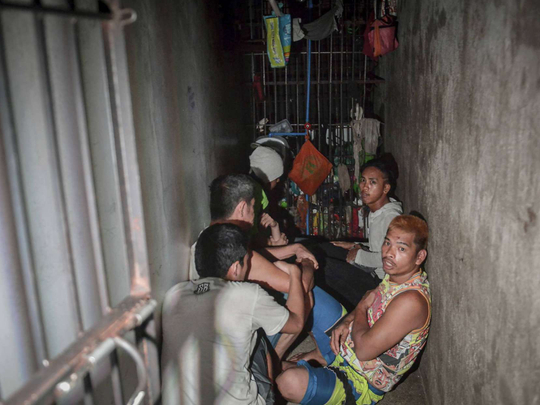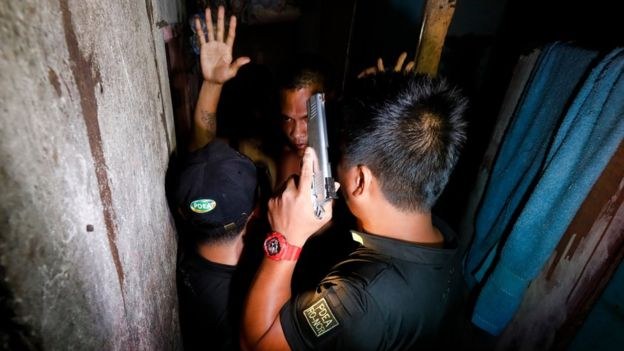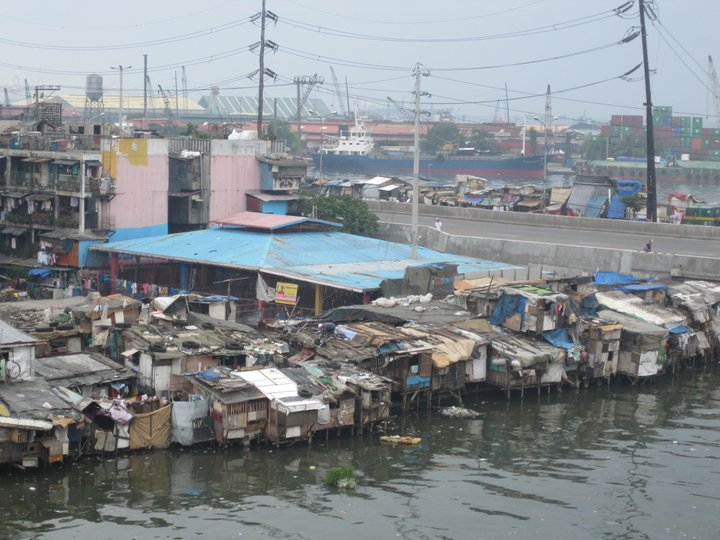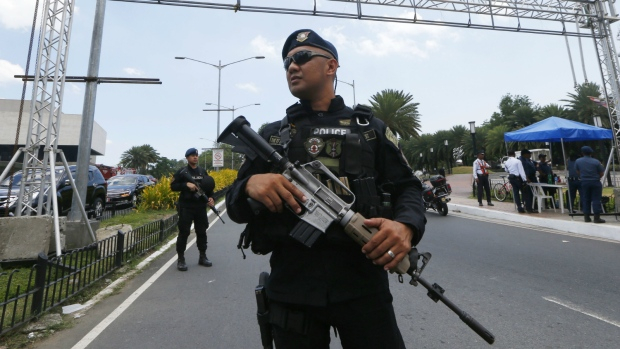
Manila: Filipino detainees inside a police station in Manila's nototious slum district claim they were tortured and asked for money in exchange for their freedom, a human rights campaigner reported.
And because of a lack of toilet facilities in the "secret cell" in Tondo’s Raxabago police station — as well as lack of ventilation — the detainees claimed they were forced “to urinate and [make] bowel movements in plastic bags,” according to Commission on Human Rights (CHR) Metro Manila director Gilbert Boisner.
Now, President Rodrigo Duterte called on Philippine National Police’s (PNP) chief director, Ronald De La Rosa, to explain the existence of the detention cell in a police station in the district, which a human rights group has claimed is evidence of illegality in the country’s war against drugs.
“I will look into this. I will call Bato [De La Rosa to explain this charge],” said Duterte.
Tondo, a residential-industrial area in the northwest portion of the densely populated city, is known for its slums near a former garbage dump site.
Boisner said in a report released on Thursday that 12 men and women complained to his office about being detained in a “small room behind a bookshelf” in Tondo’s Raxabago police station for a week, but cases were not filed against them.
Boisner quoted the detainees as saying they have been waiting to undergo inquest proceedings, and were initially threatened by arresting police officers not to notify their families and lawyers of the detention.
Report denied
Supt. Robert Domingo, commander of the Raxabago station, has denied the allegation.
He explained that the suspects placed in a hidden cell in his station have no cases filed against them yet, thus they could not be mixed with arrested suspects.
Domingo and 12 other station officers were temporarily suspended as soon as the report was released. They would undergo investigation.
Senator Panfilo Lacson, former chief of the PNP, said, “If true, these policemen are no better than [members of] the kidnap-for-ransom gangs that I used to chase throughout my law enforcement career.”
“Those responsible must therefore be treated no differently from those criminal syndicates that they themselves are mandated to neutralise,” Lacson said.
Duterte has placed the PNP at the front line of his campaign against illegal drug trade, which has seen the deaths of 8,000 since July 2016.
The PNP claimed responsibility for the death of 2,500 suspects who resisted arrest. It blamed drug syndicates for the rest of the fatalities.
Duterte has proposed to make the military lead in his fight against the drug trade, but rights groups said this would result in more human rights violations.
Duterte said narco-politics is behind the country’s drug menace, adding lawmakers, local government leaders, village leaders, and top ranking policemen have been protecting drug lords.
Illegal drug trade reached $8.4 billion (Dh30 billion) in 2013 alone, authorities said.














